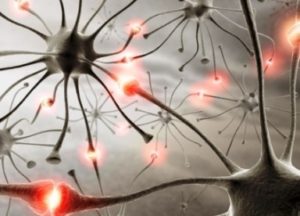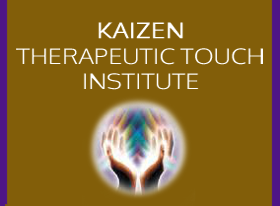 Engrams are what neurophysiologists call learned behaviour, neural patterns put to memory. They are coded step by step instructions for each habitual movement. The first time we do anything, whether learning to dance, swim, drive or walk, we have no engrams to rely on, so our movement is erratic and sloppy. With repeated practice, the engrams, for whatever the movement we’ve practiced, become automated, a reflex activity. The more we practice, the more fluid our movement becomes. So, in short, engrams are habits.
Engrams are what neurophysiologists call learned behaviour, neural patterns put to memory. They are coded step by step instructions for each habitual movement. The first time we do anything, whether learning to dance, swim, drive or walk, we have no engrams to rely on, so our movement is erratic and sloppy. With repeated practice, the engrams, for whatever the movement we’ve practiced, become automated, a reflex activity. The more we practice, the more fluid our movement becomes. So, in short, engrams are habits.
The beginning of a habit is like an invisible thread,
but every time we repeat the act we strengthen the strand,
add to it another filament until it becomes a great cable
and binds us irrevocably, thought and act.
Orison Swett Marden
Habits however, can be effective or inefficient, pleasing or painful, productive or frustrating. Once we’ve developed habits, whether effective or not, we become reliant on them, and so, a pattern or rut is forged that keeps us repeating the same movement unless of course, there’s a reason or incentive to change – to find a more efficient way to move, to perform or execute a particular pattern of behaviour.
The pattern may be activated and set in motion, or triggered, by any stimulus. Particularly effective are the stimuli that were actively present while the original engram was created. Pain can be either the result or the cause of an engram. In either case, whether result or cause, the trigger sets in motion a self-perpetuating cycle of fear, pain, anxiety and tension that can lead to exhaustion and depression.
The antidote to this state of pain and suffering is mindful, self-awareness. To learn to attend and abide (witness) the habits as they arise and are experienced in the body mind, in all their nuanced subtlety, without judgement or commentary, but rather in a spirit of appreciative enquiry. Once acknowledged and accepted, these habitual patterns or engrams can be overwritten. A conscious choice must be made to do so.
A conscious decision to make a new, more empowered choice, of how best to respond to a stimuli, is simple but far from easy. Awareness, of course, is a pre-requisite. Designing a new and improved response and committing to execute it is a creative act that requires self-honesty, courage, energy and self-accountability. It also requires that we silence the inner critic whose role it is to keep us stuck, where we are, in our comfort zone. Eventually, with repeated practice staying attentive, we may develop the ability to stop ourselves in the middle of an habitual counter-productive habit, and take the time to consciously choose a more productive response. Success! A moment to celebrate, recognize and honour our increasing self-awareness. Well done!
Mindful self-observation requires self-awareness and discipline. Identifying areas to attend to is a good place to start. With practice we develop the ability to be present to your thoughts and emotions as they arise. Over-riding the impulse and compulsion to react, we learn to sit in awareness, without judgment and contemplate, developing clarity of thought.
With time and practice, we learn to see through our conditioning, recognize, forgive and even appreciate those who contributed to our journey, no matter how hurtful. It’s by tuning in and truly experiencing, with awareness, the unique sensations, feelings and thoughts, as they arise moment by moment, that we become aware of our embodied experience of living. We see and accept ourselves as we truly are which empowers us to make the choices that are right for us at that moment.
Kaizen mindfulness coaching, and the reflective practice that is part of it, facilitates and accelerate this process. Contact us to schedule a discovery coaching session and learn more. https://www.kaizenleadershipinstitute.com/12steps/





